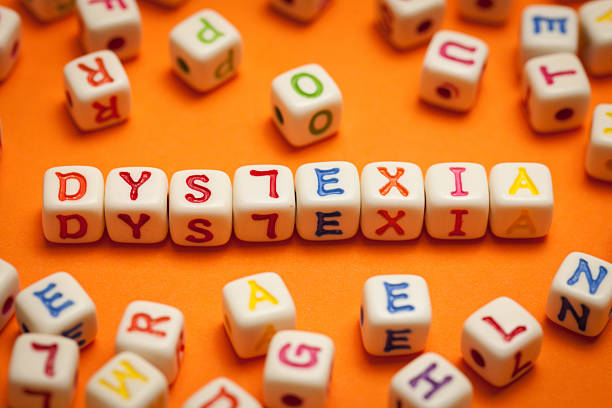Shopping Cart (0)
Your cart is currently empty.
TRIPLET30: 30% off on purchase of 3 books
Your cart is currently empty.

When you watched the movie Taare Zameen Par, you heard about Dylsexia and you were intrigued by it. You will also be familiar with what a child having it goes through. So, what exactly is it? Dyslexia is a type of learning disability wherein the person having it has trouble processing words or numbers, despite being smart and motivated to learn. While some might think that Dyslexia is a disease, it is actually a condition a person is born with, and is often genetic. It is incorrect to think of people with Dyslexia to be stupid or lazy, since most of them have average or above-average intelligence, for example Albert Einstein, who it is believed had Dyslexia.
So, what exactly happens if one has Dyslexia, you may ask. The brain processes information differently and upon observing pictures of the brain of people with Dyslexia, you will see that they use different parts of the brain than people without Dyslexia. You will also notice that their brains do not work efficiently during reading, and hence reading seems like such slow, hard work.

Signs of Dyslexia
The main problem in Dyslexia is not the appearance of letters and numbers in reverse, but trouble recognizing phonemes, i.e. the basic sounds of speech, for example the "b" sound in "bat" is a phoneme. It is a struggle to make the connection between the sound and the letter symbol for that sound, and to blend sounds into words, making it hard to recognize short, familiar words or to sound out longer words. A person with Dyslexia takes a long time to sound out a word since reading takes more time and focus, and in the process, the meaning of the word often is lost, making comprehension poor. They also face trouble spelling, and expressing themselves in writing or verbally. Being a language processing disorder, it affects written and verbal language. Working around Dyslexia is a lot of effort and it isn't something that goes away on its own or that a person outgrows.
Children display evident signs of Dyslexia. These include:

Diagnosing Dyslexia
If you find your child to be showing any of the above signs, you might want to have an expert perform certain evaluation tests of your child’s intellectual capacity and reading skills. This will help identify any achievement gap or other factors.
According to the International Dyslexia Association, “As many as 15–20% of the population as a whole—have some of the symptoms of dyslexia, including slow or inaccurate reading, poor spelling, poor writing, or mixing up similar words. Not all of these will qualify for special education, but they are likely to struggle with many aspects of academic learning and are likely to benefit from systematic, explicit, instruction in reading, writing, and language. Dyslexia occurs in people of all backgrounds and intellectual levels. People with dyslexia can be very bright. They are often capable or even gifted in areas such as art, computer science, design, drama, electronics, maths, mechanics, music, physics, sales, and sports.”

Coping with Dyslexia
The Yale Center for Dyslexia and Creativity offers tips for studying with dyslexia. They include:
Dyslexia is different for everyone. Some people have a mild form that they eventually learn how to manage. Others have a little more trouble overcoming it. Even if children aren't able to fully outgrow Dyslexia, they can still go to college and succeed in life.
These are just a few important things that parents, teachers, and administrators should know about Dyslexia. It is important to acknowledge and understand the struggles that result from having Dyslexia and use this awareness and understanding to bring about positive change.
You have no items in wishlist.
We will send you an email to reset your password.
| Title |
|---|
| Price |
| Add to cart |
| Type |
| Vendor |
